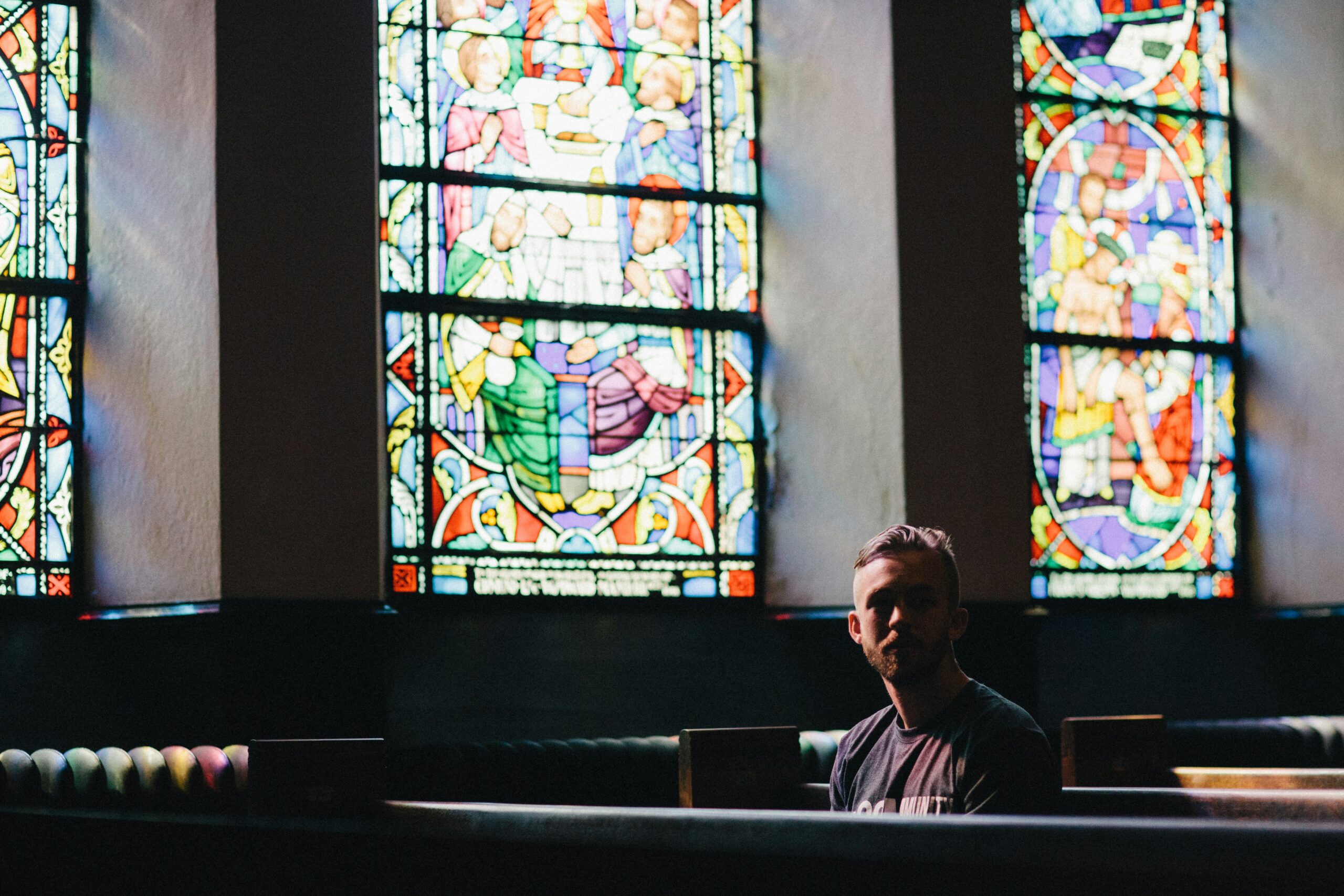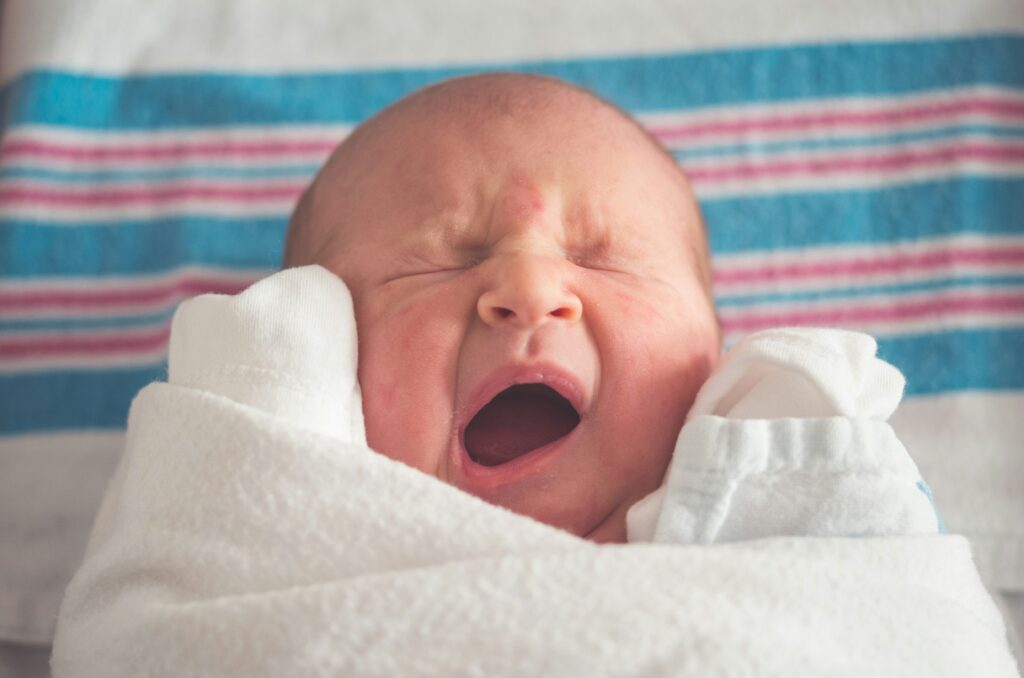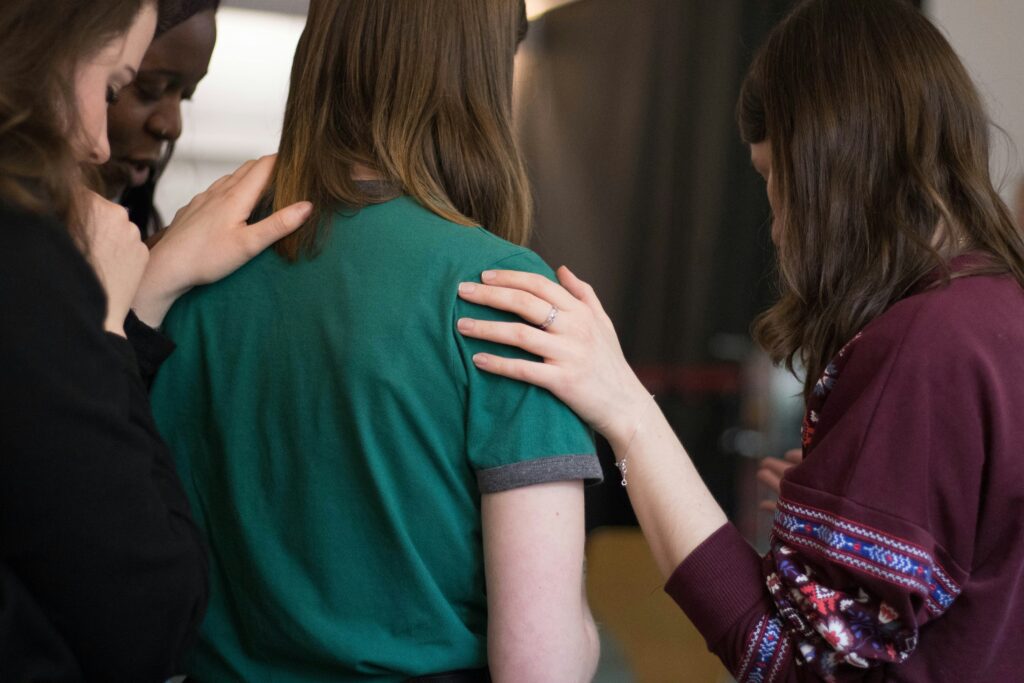
In an election when a radically pro-abortion candidate, Vice President Kamala Harris, could win and enact abortion laws more deadly than Roe v. Wade, a shocking number of churchgoers are choosing to stay in the pews.
Evangelical pollster George Barna, the lead of a recent study by the Cultural Research Center at Arizona Christian University, found that 32 million Christian churchgoers aren’t voting in the 2024 election, which includes not only the presidency but many state races for the House and Senate as well as the U.S. House of Representatives and the U.S. Senate.
Perhaps they’re making their voice heard on Facebook, but without a vote against abortion extremism, the voice of many Christians dissipates into thin air.
The Washington Times reported on Burna’s findings:
“Of all potential voters likely to skip the polls, 68% said they lack interest in politics, 57% said they dislike all the major candidates and 55% said none of the contenders represent their key values. The 32 million church-attending Christian voters would represent roughly 20% of the 158 million who cast ballots in the 2020 presidential race.”
Christians regularly and rightly quote Psalm 139:13, which describes how all of us are knit together in our mother’s womb, a clear indication of exactly when life begins, reading:
“For you created my inmost being; you knit me together in my mother’s womb.”

Pro-abortion candidates are diabolically opposed to this notion, advocating for ripping apart God’s carefully and miraculously knitted creations made in His image. When human slaughtering in the womb up until birth is up for a vote, many Christians should see this as not merely a political issue but a moral imperative. According to the Holy Scriptures, a core tenet of the Christian faith is to protect and defend the most vulnerable, specifically in Psalm 82:3, which says, “Defend the weak and the fatherless; uphold the cause of the poor and oppressed.”
Yet, Barna’s study’s alarming findings beg two questions: Do Christians not take this charge seriously? Or are they truly ignorant, twisting John 17:14’s notion of being “in the world but not of it” into willful complacency?
Now, many Christians argue that both candidates, Harris and former President Donald Trump, are enemies of the preborn and, therefore, are both equally bad options. But as Students for Life of America (SFLA) said before, we can’t allow the aim for altruistic good to get in the way of a crystal clear better, and in this case, Christians must ask themselves, yet again, another crucial question:
Which candidate has vowed to allow abortion radicals full legal access to preborn lives up until the moment of birth with no restrictions?
While many of Trump’s comments have been less than ideal, recently calling himself in a Fox News townhall the “father of IVF” and allowing for the Ronald Reagan “exceptions” of rape and incest, he has outrightly spoken against late-term abortion. Harris, on the other hand, has repeatedly said she’ll “restore the protections” of Roe and refuses to name a single abortion she would prohibit.
While there’s plenty of hope and encouragement for Trump to make a new deal with the pro-life movement, there is absolutely zero hope that Harris will become a pro-life advocate. In fact, she’s prosecuted David Daleiden, a man who taped Planned Parenthood allegedly and illegally selling baby body parts. She’s done nothing when peaceful pro-lifers are convicted by the weaponized Department of Justice’s (DOJ) FACE Act, and as SFLA President Kristan Hawkins pointed out in a 2020 op-ed in USA Today, “Last year, Harris introduced the Do No Harm Act in the U.S. Senate, which would water down the federal 1993 Religious Freedom Restoration Act, among other laws designed to protect people of faith.” (emphasis added)
Harris is not a friend to pro-lifers. But Trump has already vowed to protect peaceful pro-lifers from jail time.

Now, some Christians may believe that a third-party vote or a no vote is a moral high ground, but consider what Burna suggests the consequences will be should 32 million Christians sit out:
“If these trends continue, the study suggests Donald Trump’s reelection chances could be diminished, while Democratic nominee Kamala Harris might benefit from the disengaged voter base.” (emphasis added)
Especially in swing states like North Carolina, pastors can reach “low-hanging fruit,” as Barna calls it, and exhort their congregations to vote against bad values and fulfill their civic duty. It’s one of the easiest ways to make a difference in tight races, as the Washington Times pointed out that “small margins in battleground states shaped the 2020 election when the margins of victory were a combined 587,000 votes in nine battleground states.” The role of Christians serving the community and spreading the gospel is a Scriptural mandate and a net good, but society isn’t removed from politics – it’s intricately connected. Christians can and should walk and chew gum at the same time. Or, in this case, serve and reach others while voting at the same.
“A society where a huge majority of people want their lives to make a difference, and millions of Americans lament the lack of options for making their life count, what a sterling opportunity Nov. 5 represents,” Burna told The Washington Times.
Indeed, it is. SFLA is exhorting pastors to educate their congregations on abortion with Standing With Her Sunday, which includes a helpful video interview with Pastors JR Gurley and Strategic Initiatives Director Michele Venditto on how to approach sensitive topics, like abortion, with a biblical worldview approach.
Additionally, pregnancy resource pew cards and other free resources are available because while the church should stand against abortion, they should also support life.
So, should churchgoing Christians stay in the pews? Yes, and they should also go to the ballot box on Election Day. Lives depend on it.
READ: Late Term Abortions Are Real – and They’re on the Chopping Block If Trump Wins
